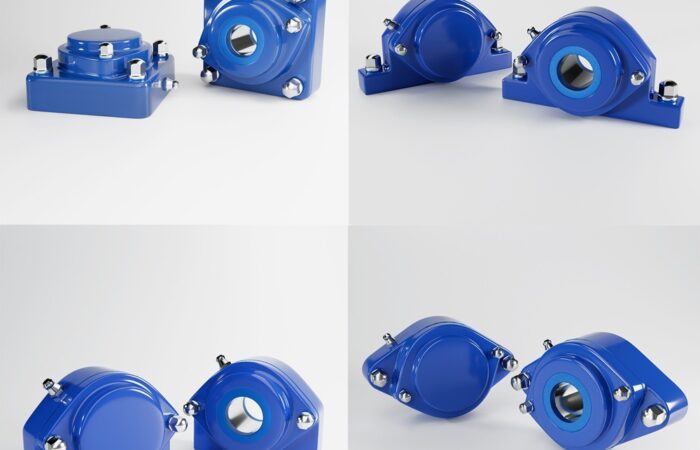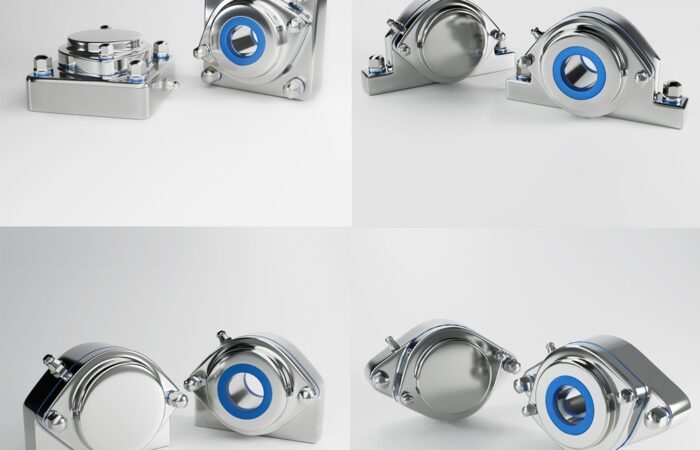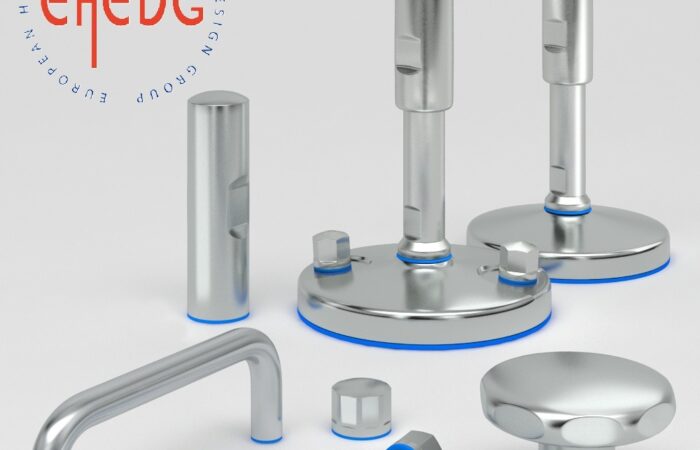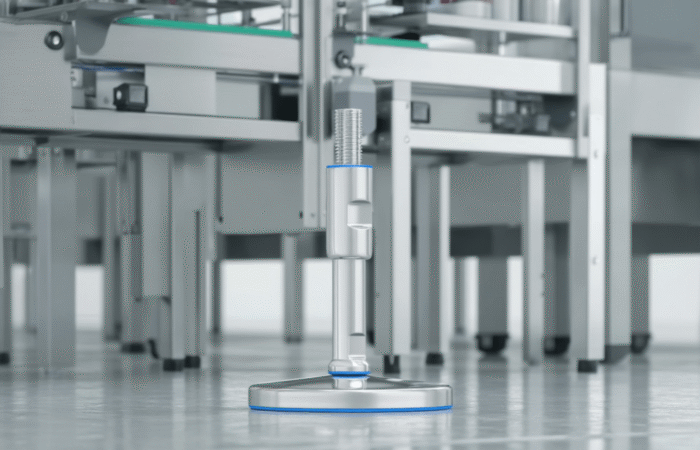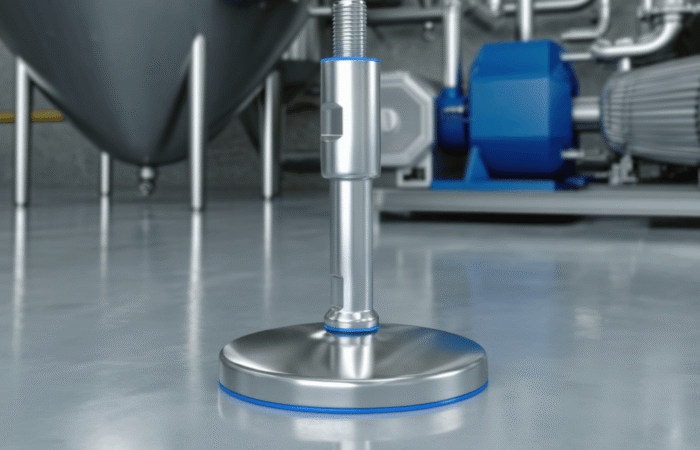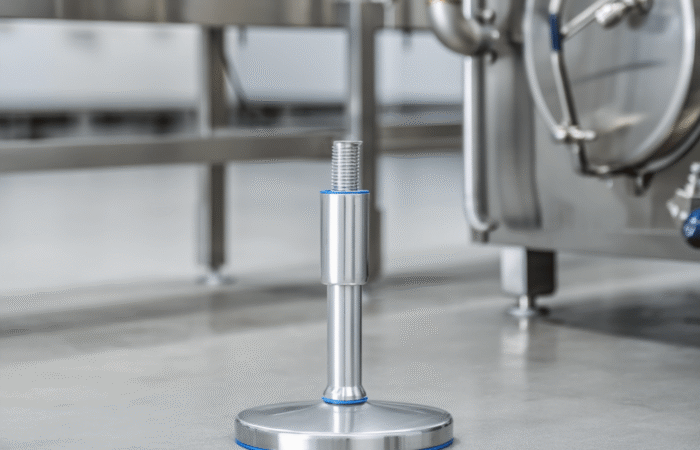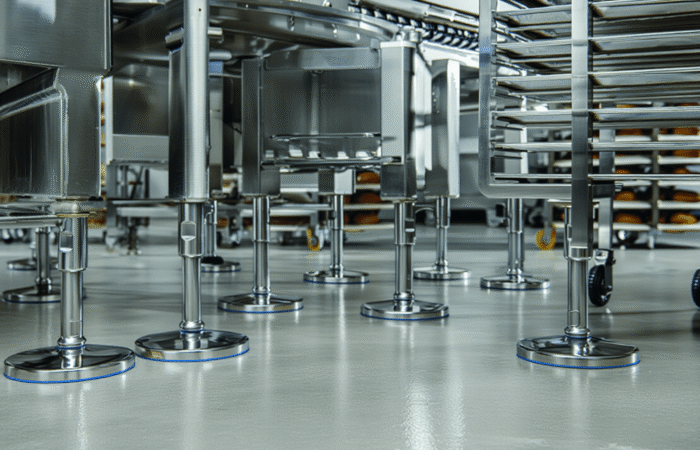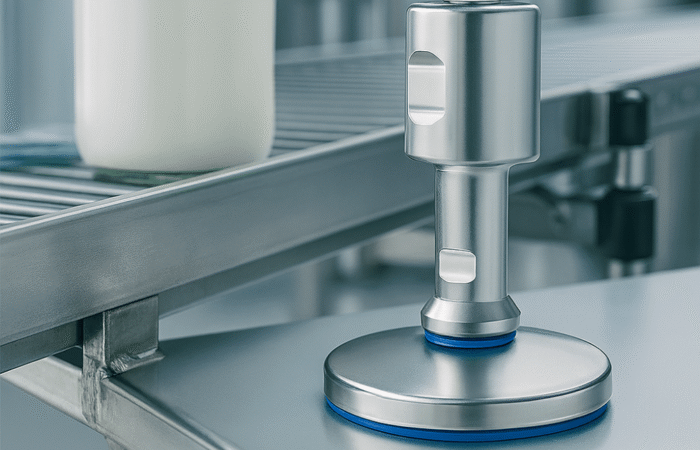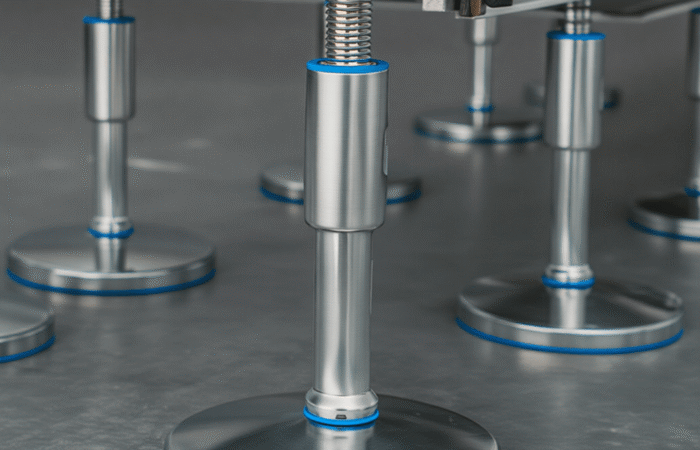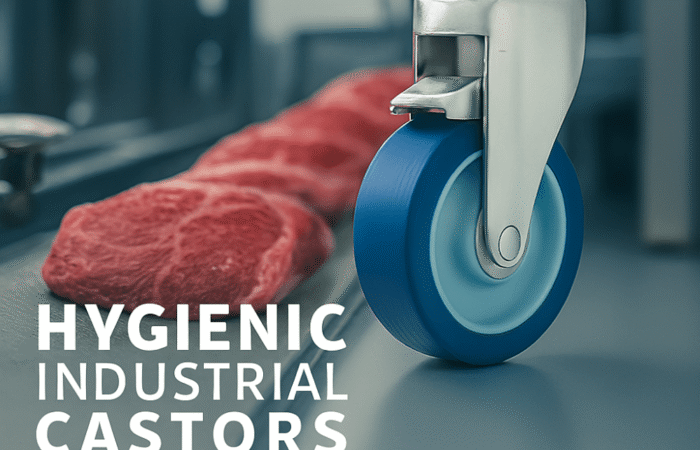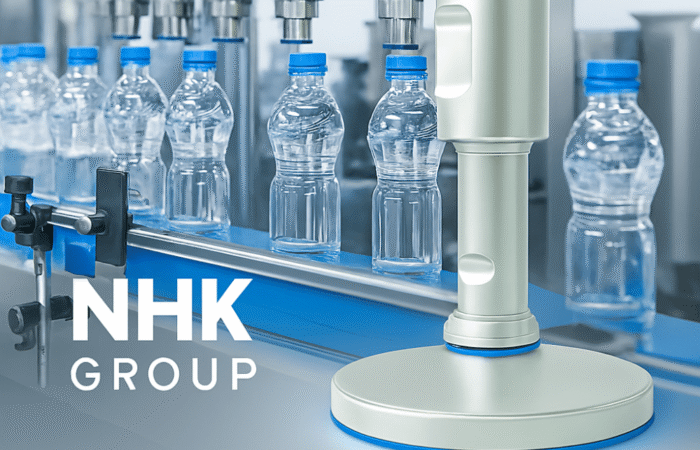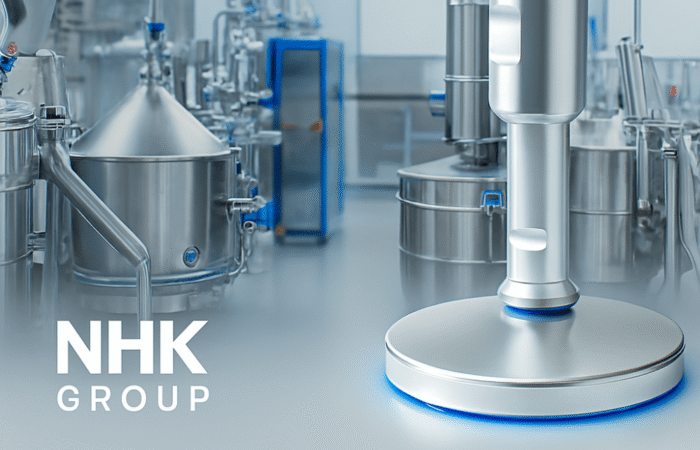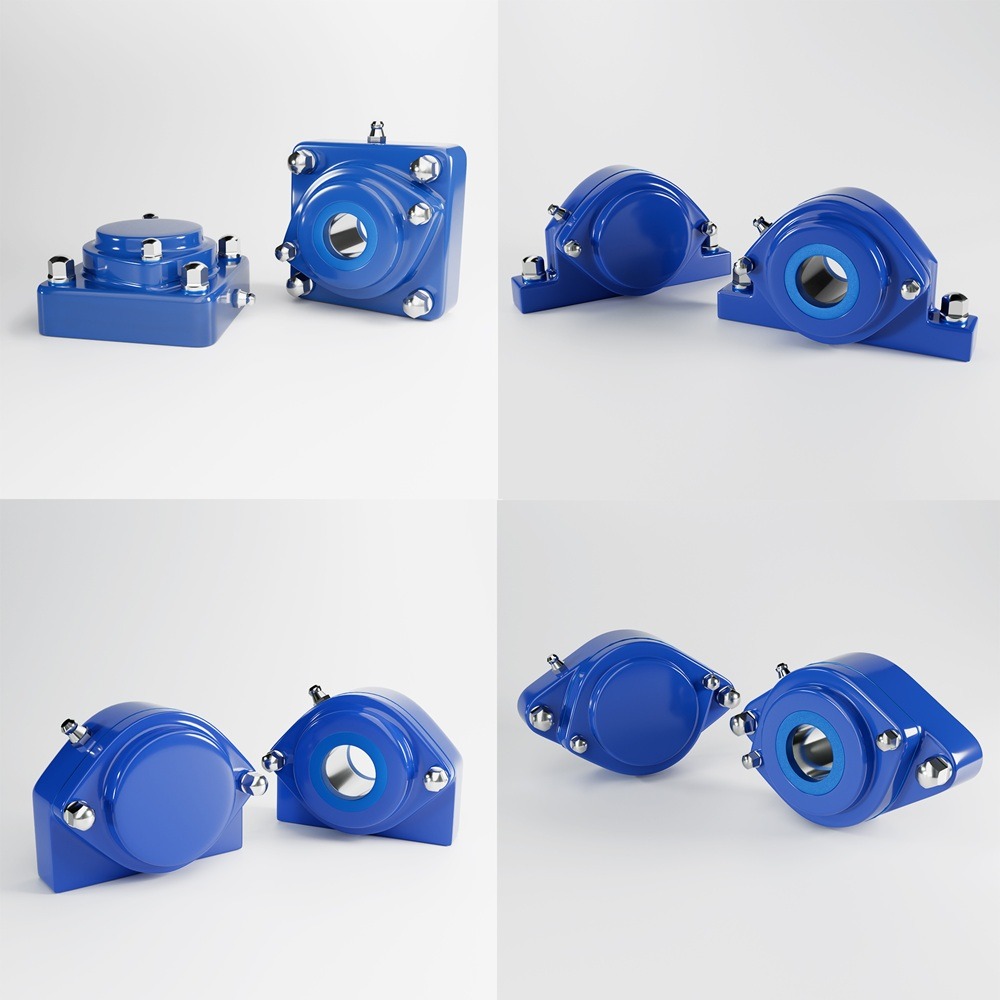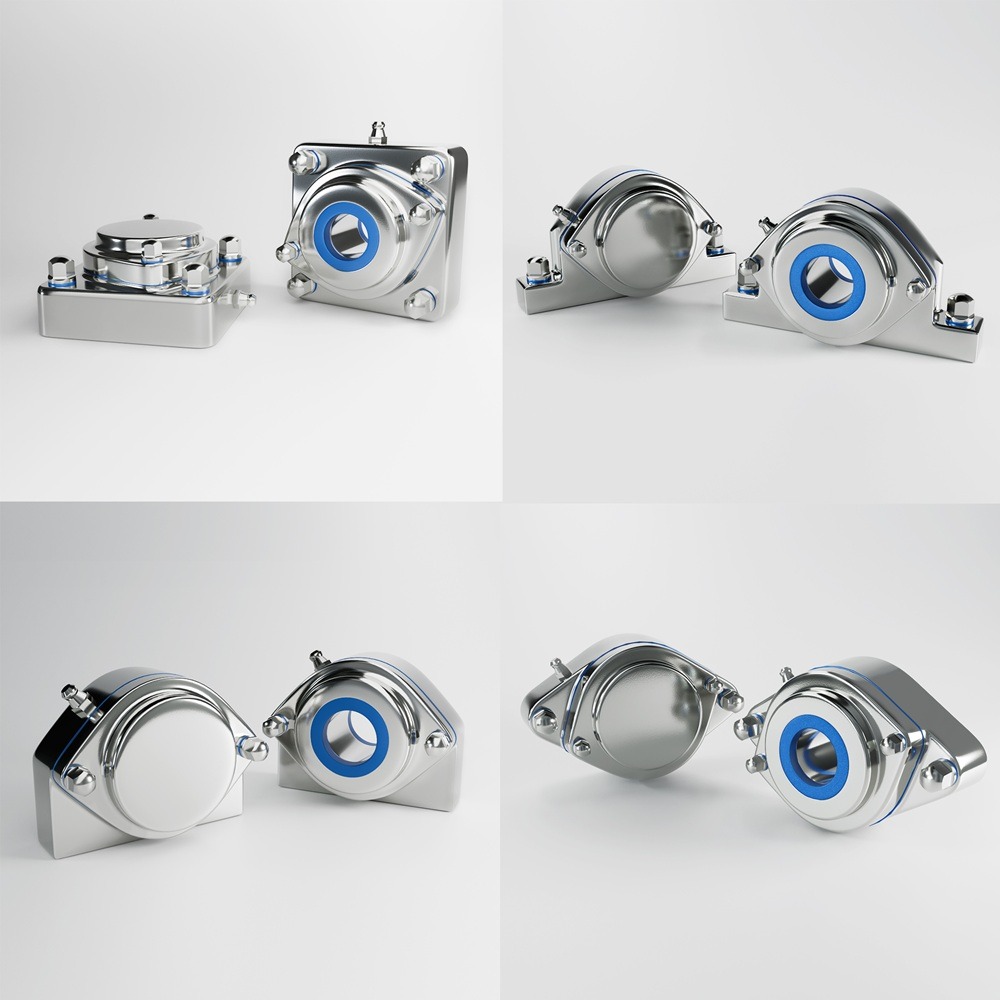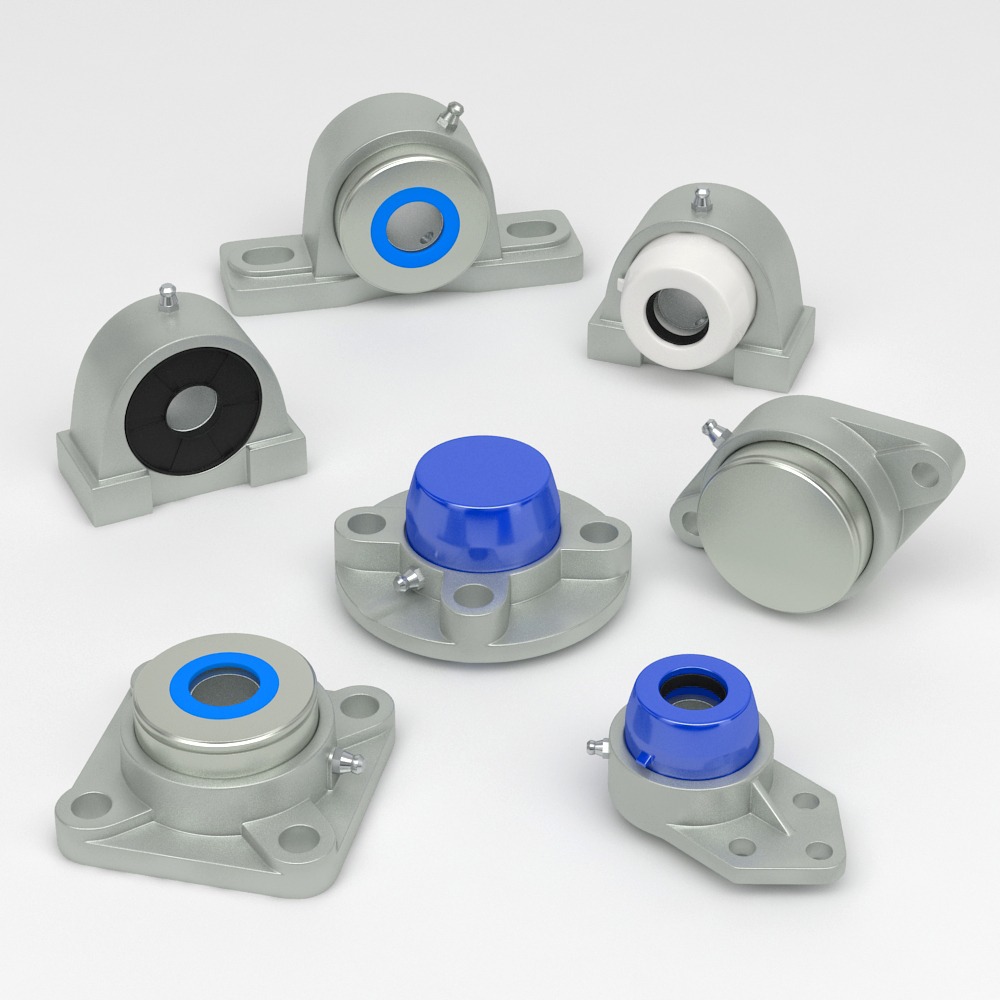
Choosing the Right Stainless Steel for Bearing Units
In the food and pharmaceutical industries, maintaining the highest hygiene standards is not only a regulatory requirement but also a cornerstone of operational integrity. Equipment design and material selection play a pivotal role in achieving these standards. Among the most critical components in these sectors are bearing units, which facilitate smooth and efficient machine operations. Selecting the appropriate stainless steel for these bearing units is essential to ensure durability, cleanliness, and compliance with stringent industry regulations. Stainless steel is the material of choice for bearing units in food and pharmaceutical applications due to its excellent resistance to corrosion, ease of cleaning, and mechanical strength. In environments where equipment is exposed to moisture, chemicals, and fluctuating temperatures, stainless steel provides the necessary resilience to maintain performance and hygiene over time. However, not all stainless steel grades are created equal. The choice of grade depends on specific operational conditions, including exposure to corrosive agents, load requirements, and temperature ranges. In the food and pharmaceutical industries, bearing units are frequently exposed to cleaning agents, acids, and saline solutions. Corrosion resistance ensures the longevity of the bearing units while maintaining hygienic conditions. Grades such as 304 and 316 stainless steel are widely preferred due to their superior corrosion resistance. The non-porous surface of stainless steel minimizes the risk of microbial growth, which is critical in preventing contamination. The smooth and polished finish of stainless steel bearing units facilitates easy cleaning, ensuring compliance with Good Manufacturing Practices (GMP) and Hazard Analysis and Critical Control Points (HACCP) protocols. Bearing units must withstand heavy loads, vibrations, and operational stresses. Stainless steel grades like 440C offer high hardness and wear resistance, making them suitable for high-load applications in pharmaceutical and food processing equipment. The surface finish of stainless steel bearing units directly impacts their ability to resist contamination and corrosion. Polished or electropolished surfaces are preferred in food and pharmaceutical environments, as they reduce surface roughness, making it easier to clean and less likely for bacteria to adhere. Common surface finish standards include: When selecting stainless steel for bearing units, adherence to industry standards is crucial. Common certifications and standards include: Even with the best stainless steel grades, proper maintenance is essential to prolong the lifespan of bearing units. Regular cleaning using non-abrasive methods and compatible cleaning agents helps maintain the surface integrity and hygienic properties of stainless steel components. Additionally, monitoring for signs of wear, corrosion, or contamination is vital for timely replacements. The food and pharmaceutical industries are increasingly prioritizing sustainability. Stainless steel is highly recyclable, aligning with environmental goals while maintaining its structural and hygienic properties. Choosing recyclable materials and properly managing end-of-life components contributes to a circular economy. The selection of stainless steel for bearing units in the food and pharmaceutical industries is a critical decision that impacts operational efficiency, hygiene, and regulatory compliance. Grades such as 304, 316, 440C, and 17-4 PH offer unique properties tailored to specific applications. By understanding the requirements of your processes and the strengths of various stainless steel grades, you can ensure optimal performance and hygiene standards. Investing in high-quality stainless steel bearing units is not just a choice but a commitment to safety, durability, and excellence in food and pharmaceutical processing. Whether it’s resisting corrosion, facilitating easy cleaning, or withstanding mechanical stress, the right stainless steel grade ensures that your operations run smoothly and safely in the most demanding environments. Industrial machinery requires precision-engineered components that meet exacting standards for durability, safety, and performance. This comprehensive guide explores the essential machinery parts that drive modern manufacturing across food processing, packaging, and chemical industries. Understanding the difference between Pillow Block Bearings and Direct Mount Bearings is crucial for engineers and procurement professionals seeking to optimize equipment longevity. Pillow block bearings, also known as plummer blocks, are self-aligning bearing units that simplify installation and significantly reduce maintenance costs. These versatile components mount on machine frames and support rotating shafts with exceptional precision, ensuring smooth operation in demanding industrial environments. Flange bearing units offer a more compact alternative, featuring integrated flanges that enable direct mounting to flat surfaces without additional hardware. Both designs come in various materials, including stainless steel grades optimized for corrosive environments and food-grade applications where hygiene is paramount. The importance of material selection cannot be overstated in machinery design. 440C Steel and 420 grades offer distinctly different properties suited to specific applications and environmental conditions. The 440 stainless steel variant provides superior hardness and exceptional edge retention, making it ideal for cutting tools and high-wear applications requiring maximum durability. Meanwhile, 420 stainless steel offers better corrosion resistance and is preferred in food processing equipment where chemical exposure is common. Hygienic stainless steel components have become essential in food machinery, meeting EHEDG standards and facilitating rapid equipment cleaning required in modern food production facilities. Understanding ingress protection ratings is equally critical for machinery durability and operational reliability. IP67 rating ensures protection against dust and temporary water immersion, while IP68 rating provides complete dust protection and sustained water immersion capabilities for submerged operations. The IP69K standard represents the highest protection level, specifically designed for high-pressure wash-down environments found in industrial food processing facilities. These ratings define how effectively machinery components withstand environmental challenges and maintain performance. Modern industrial facilities increasingly demand equipment that combines high performance with ease of maintenance and sanitation. The choice between different bearing types depends on operational requirements, environmental conditions, and budget constraints. Proper component selection ensures extended equipment lifespan, reduced downtime, and improved operational efficiency.Choosing the Right Stainless Steel for Bearing Units in the Food and Pharmaceutical Industry
Why Stainless Steel is Essential
Key Considerations for Choosing Stainless Steel Grades
1. Corrosion Resistance
2. Hygienic Properties
3. Strength and Durability
Recommended Stainless Steel Grades for Bearing Units
1. 304 Stainless Steel
2. 316 Stainless Steel
3. 440C Stainless Steel
4. 17-4 PH Stainless Steel
Surface Finish and Hygiene
Certifications and Standards
Maintenance and Lifecycle Considerations
Environmental Considerations
Choosing the Right Stainless Steel for Bearing Units: Ensuring Hygiene, Efficiency, and Compliance in Food & Pharmaceutical Processing
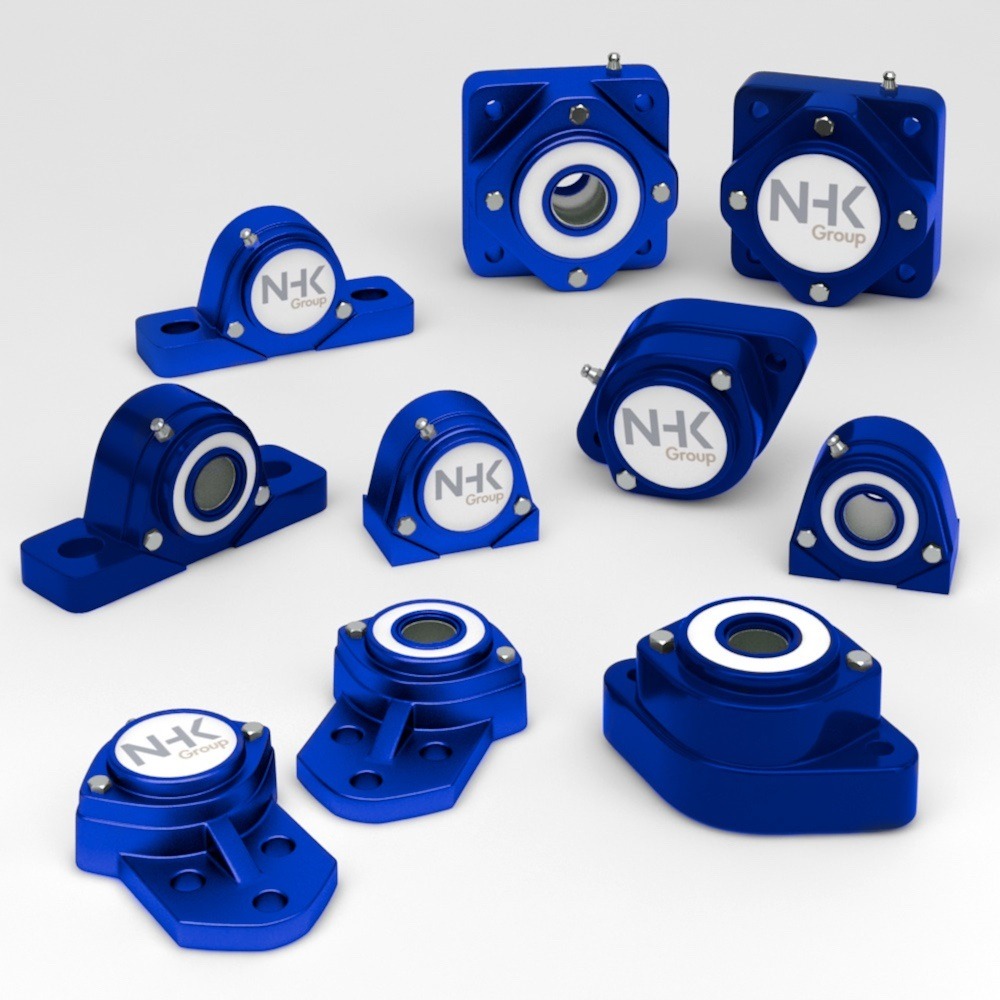
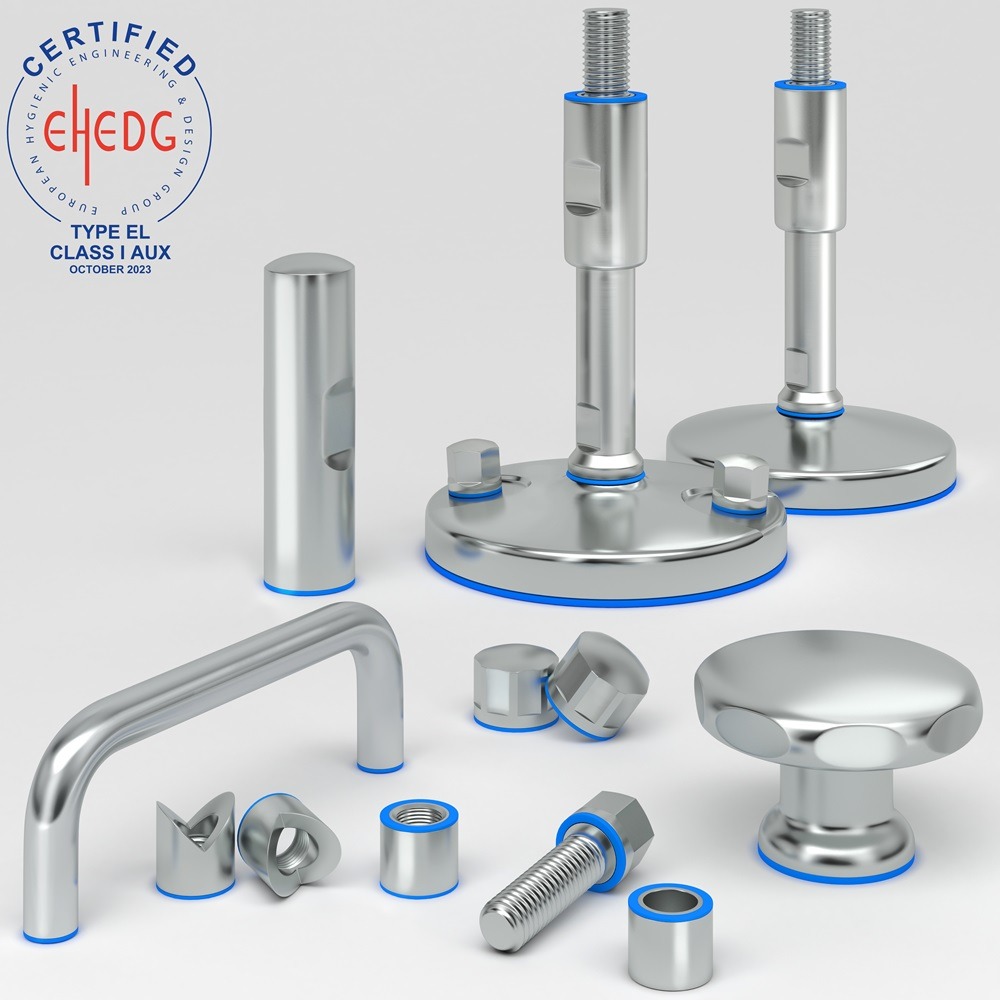
Contact
Understanding Machinery Components & Protection Standards
